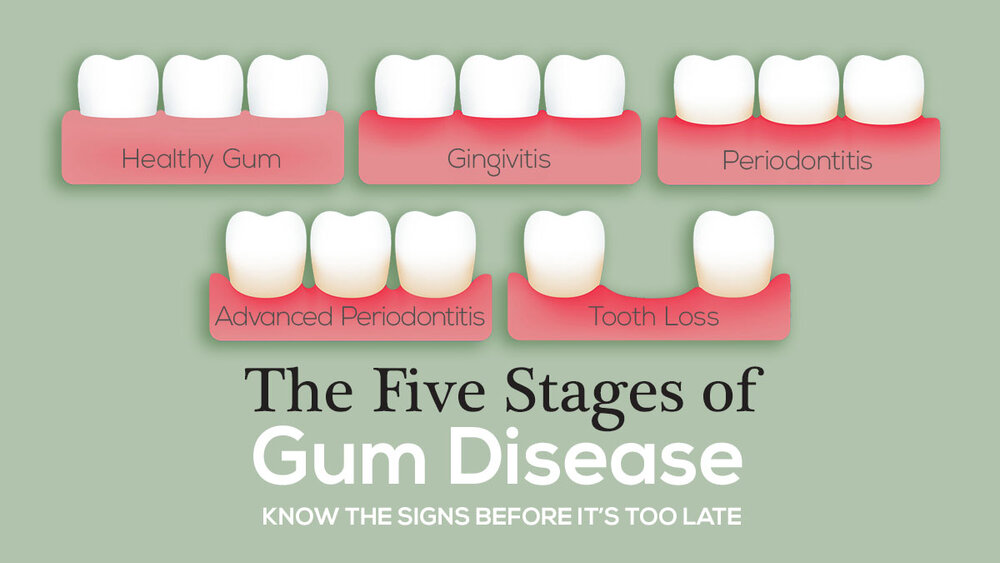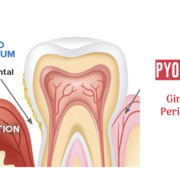If you are the kind of person who likes to keep track of the details in life, adding your dental checkups to your calendar might be just what you need to stay on top of things. When it comes to periodontal disease, neglecting your teeth will only lead to further complications down the road. As with many chronic conditions, early diagnosis is key. Keeping track of fluctuating symptoms can help you catch any new developments and find a dentist before things get worse. If you’ve recently been diagnosed with periodontal disease, here are some signs that will indicate the same. Loose tooth and gums inflammation are just to name a few.
Itching and tingling in the mouth
A very common symptom of worsening periodontal disease is an itch and tingling in the mouth. This is caused by the build-up of bacteria in the gum pockets and along your tooth roots. In an ideal situation, oral bacteria are kept in check and kept out of the soft tissue in your gums. But when the gums recede due to periodontal disease, they become porous.
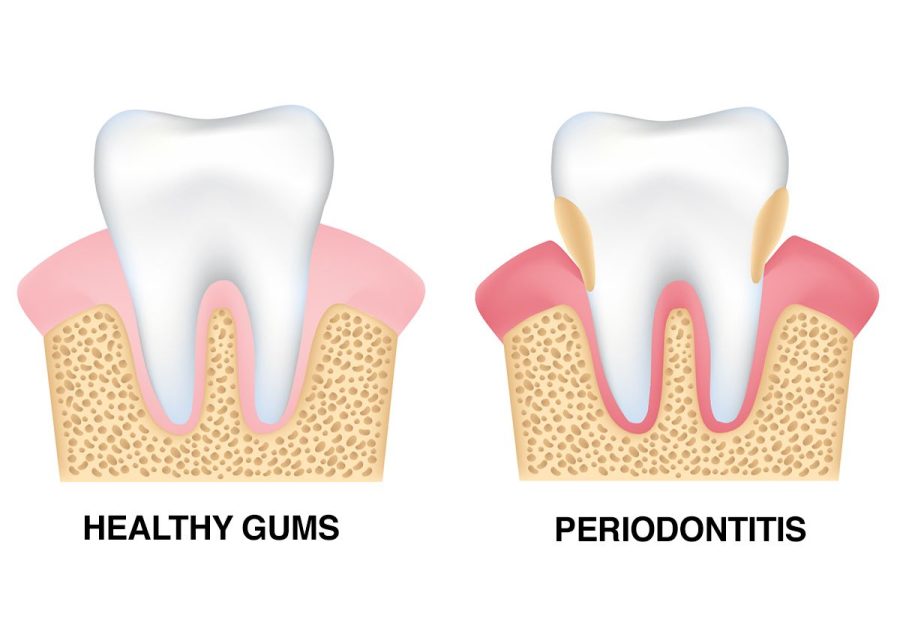
This allows bacteria to travel into soft tissue, where they can cause redness, swelling, and itching. The worse your periodontal disease is, the worse the itching likely is. If you’ve never experienced any irritation in the mouth before, and suddenly experience a lot of itching and tingling, it’s a good indication that your gum pockets have worsened and are allowing more bacteria to get into your soft tissue.
Gum Swelling due to periodontal disease
Any swelling in the gums is a clear sign that you have periodontal disease. Swollen gums can occur for a number of reasons, even without the presence of bacteria. However, it is most commonly seen in people with periodontal disease due to the body’s immune response to pathogenic bacteria.
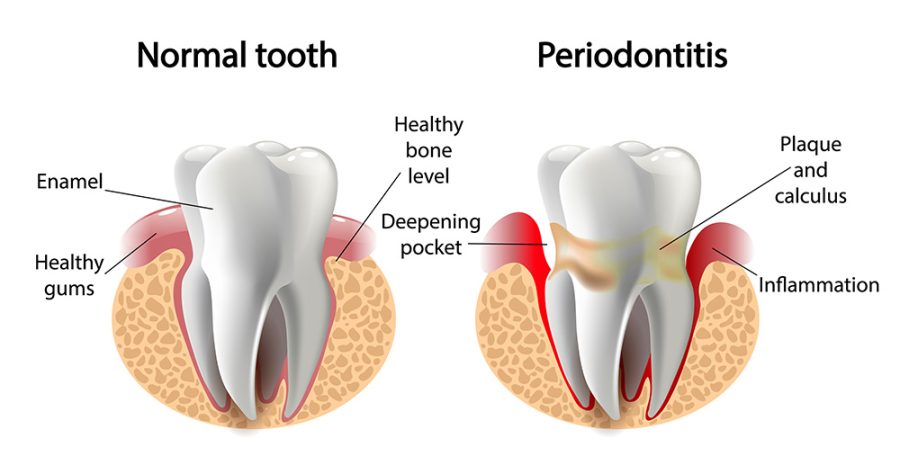
When the body detects that there are bacteria in the soft tissue, it will send white blood cells to the area to try and fight them off. While they are cleaning up the bacteria, they also cause some swelling and tenderness in the gums. The worse the periodontal disease, the more likely you are to experience swelling in your gums. If your gums are swelling and/or tender, it’s a good idea to see a dentist as soon as possible to avoid any further complications down the road.
Loose Tooth due to periodontal disease
If you have been diagnosed with periodontal disease, you run the risk of developing loose teeth. This is called alveolar osteitis and is caused by the bacteria traveling into the bone and soft tissue surrounding the teeth. Eventually, the bacteria will reach the ligament that attaches your tooth to the gums and cause inflammation. This inflammation is what causes teeth to loosen and fall out.

The worse your periodontal disease, the more likely you are to experience loose teeth. Normally, if you are only dealing with gingivitis, you would have to have your teeth for decades before they might loosen up. But with periodontal disease, you can get loose teeth after only a few years. This is why it’s so important to catch the periodontal disease as early as possible.
Redness in the Mouth due to periodontal disease
A red, inflamed mouth is often a sign of periodontal disease. This is because an overgrowth of bacteria in the gum pockets will cause inflammation in the gums. This inflammation is what causes redness and swelling. The worse your periodontal disease, the more likely you are to experience this kind of inflammation. If you’ve never seen signs of inflammation in your mouth before, and suddenly experience redness, it’s a good indication that your gum pockets have worsened and are allowing more bacteria to get into your soft tissue.
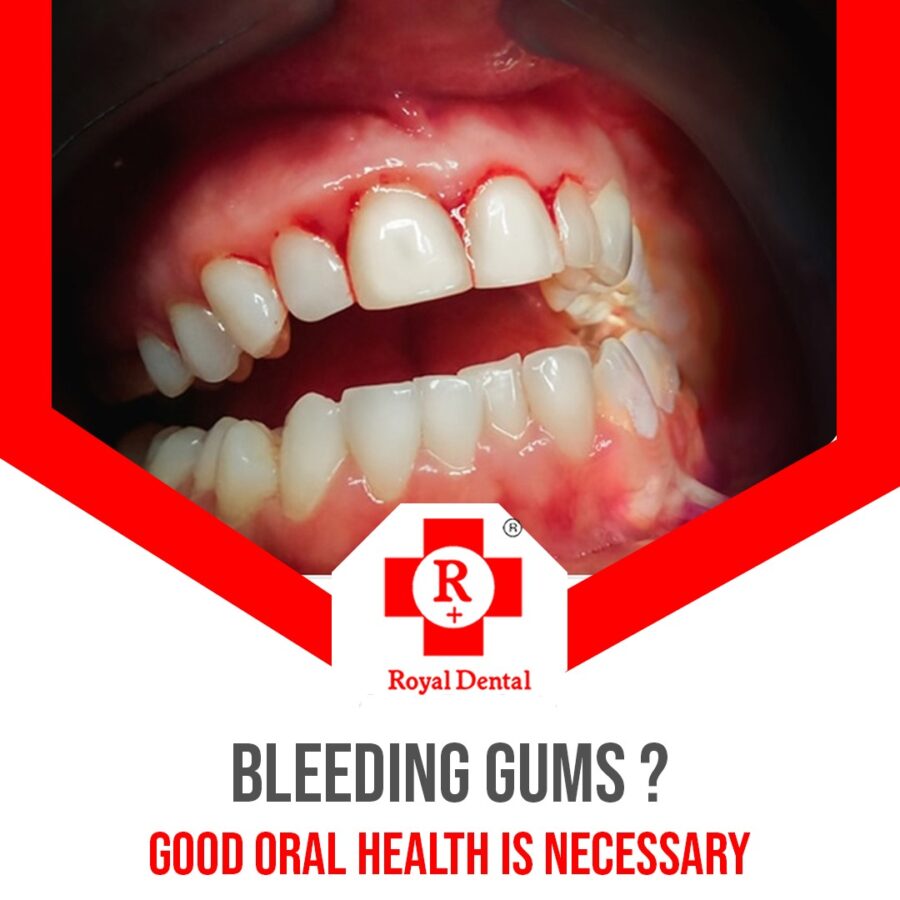
Recommendations for finding a good dentist
It’s important to have a regular dentist you can visit every 6 months. If you notice any of the symptoms above, it’s a good idea to book a visit with your dentist as soon as possible. They will be able to determine how bad the disease has become, and whether or not you need to start treatment. If you have been diagnosed with periodontal disease, and are not already seeing a dentist regularly, it’s important to start as soon as possible. Having a consistent dental routine is the best way to stay on top of your periodontal disease and keep it from getting worse.
Conclusion
Making sure your periodontal disease is under control is important in order to maintain good oral health.
Luckily, most cases of periodontal disease are completely manageable with consistent dental visits and diligent brushing and flossing at home. By keeping track of your symptoms, you’ll be able to catch any new developments before they get out of hand.

